Tag: Donald J. Trump
-
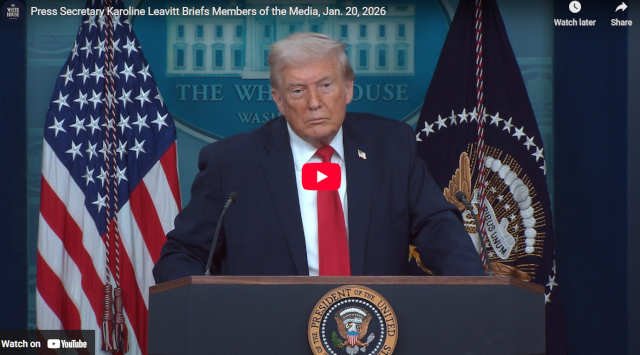
Trump Jan 2026 Briefing: Operation Midnight Hammer, Gulf of America & Border Claims
On Jan 20, 2026, President Trump marked his administration’s first anniversary. He touted “Operation Midnight Hammer” against Iran , claimed a 77% drop in the trade deficit , and declared the border “secure” with zero illegal entries.
-
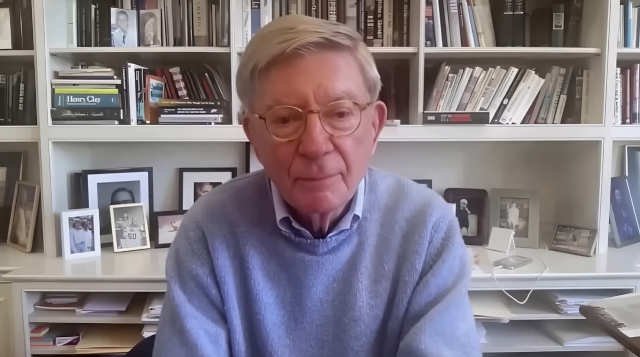
Trump vs. GOP: Inside the Senate Revolt & The ‘Greenland Plot’ Failure
A new political rift exposes the fragility of Trump’s control over the GOP. As Senators resist the “Greenland plot,” the cost of silence finally outweighs the cost of resistance. Learn how Bill Cassidy’s experience and Senate pushback signal a critical turning point for party loyalty.
-
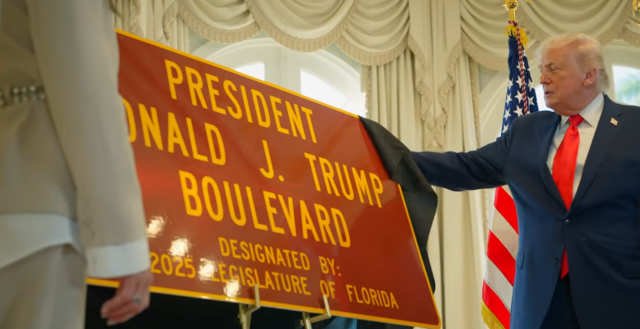
Trump Celebrates Boulevard Naming at Mar-a-Lago, Touts Economic Gains and Venezuela Operation
President Trump attended a January 16, 2026 ceremony at Mar-a-Lago celebrating the renaming of a major Palm Beach boulevard in his honor. Trump used the occasion to announce dramatic claims about his first-year achievements, including $18 trillion in investments.
-

Comprehensive Fact-Check: Trump Pre-Departure Press Gaggle – January 19, 2025
The press gaggle demonstrates a pattern where Trump’s most verifiable claims (stock market records, inauguration timing) prove accurate, while his most sweeping assertions (historical investment levels, inflation characterizations, war-ending claims, NATO spending achievements) range from misleading to disputed to factually incorrect. The economic claims in particular show a tendency to overstate achievements while the India-Pakistan…
-

Trump Pre-Davos Press Gaggle: Greenland Claims, Economic Boasts, and Board of Peace Updates – January 19, 2025
President Trump held a wide-ranging press conference before departing for Davos, celebrating his first year with sweeping economic claims while doubling down on Greenland acquisition efforts. He confirmed inviting Putin to his Board of Peace initiative and threatened massive tariffs on France.
-
DOJ Opposes Khanna-Massie Motion in Ghislaine Maxwell Case Over Epstein Files Transparency Act
The Justice Department filed a forceful opposition to Representatives Ro Khanna and Thomas Massie’s attempt to appear as amici curiae in the closed Ghislaine Maxwell criminal case, arguing the lawmakers lack standing to enforce the Epstein Files Transparency Act through judicial oversight and are misusing the amicus curiae mechanism for improper adversarial purposes.
-
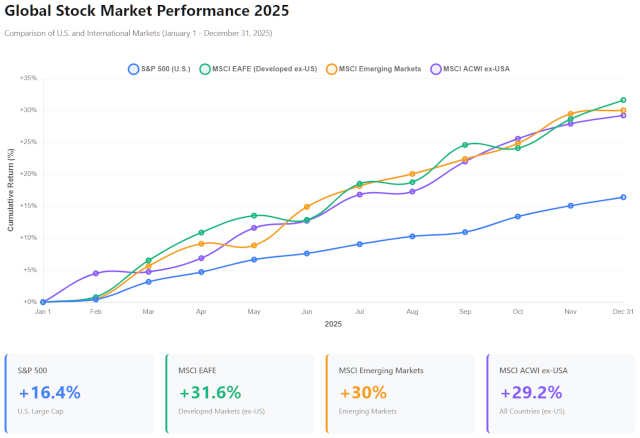
Market Performance in 2025: U.S and World
U.S. stock markets had outperformed the world, until 2025.
-
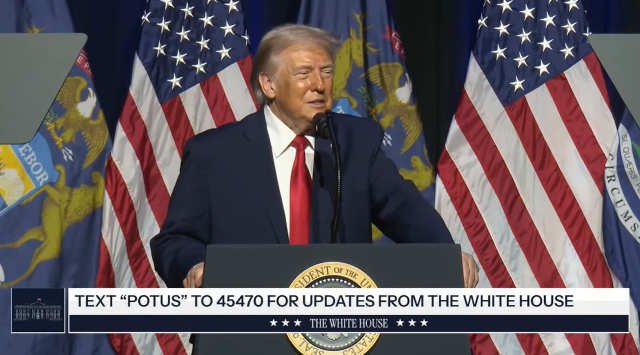
Fact-Checking Trump’s Detroit Economic Club Speech
This analysis examines major claims made by President Donald Trump during his address to the Detroit Economic Club on January 13, 2026, using government data, academic sources, and investigative journalism. The pattern shows consistent exaggeration of positive economic claims and dramatic framing of immigration/fraud issues beyond what evidence supports.
-

Trump Returns to Detroit Economic Club: Defends Economic Record, Attacks Welfare Fraud, and Promises Major Healthcare Changes
President Trump addressed the Detroit Economic Club on January 13, 2026, claiming historic economic achievements including $18 trillion in new investment and record-low inflation. The speech featured major announcements on welfare fraud enforcement targeting Somali communities, upcoming healthcare reforms with drug price reductions up to 600%, and housing affordability policies to be detailed at Davos,…
-
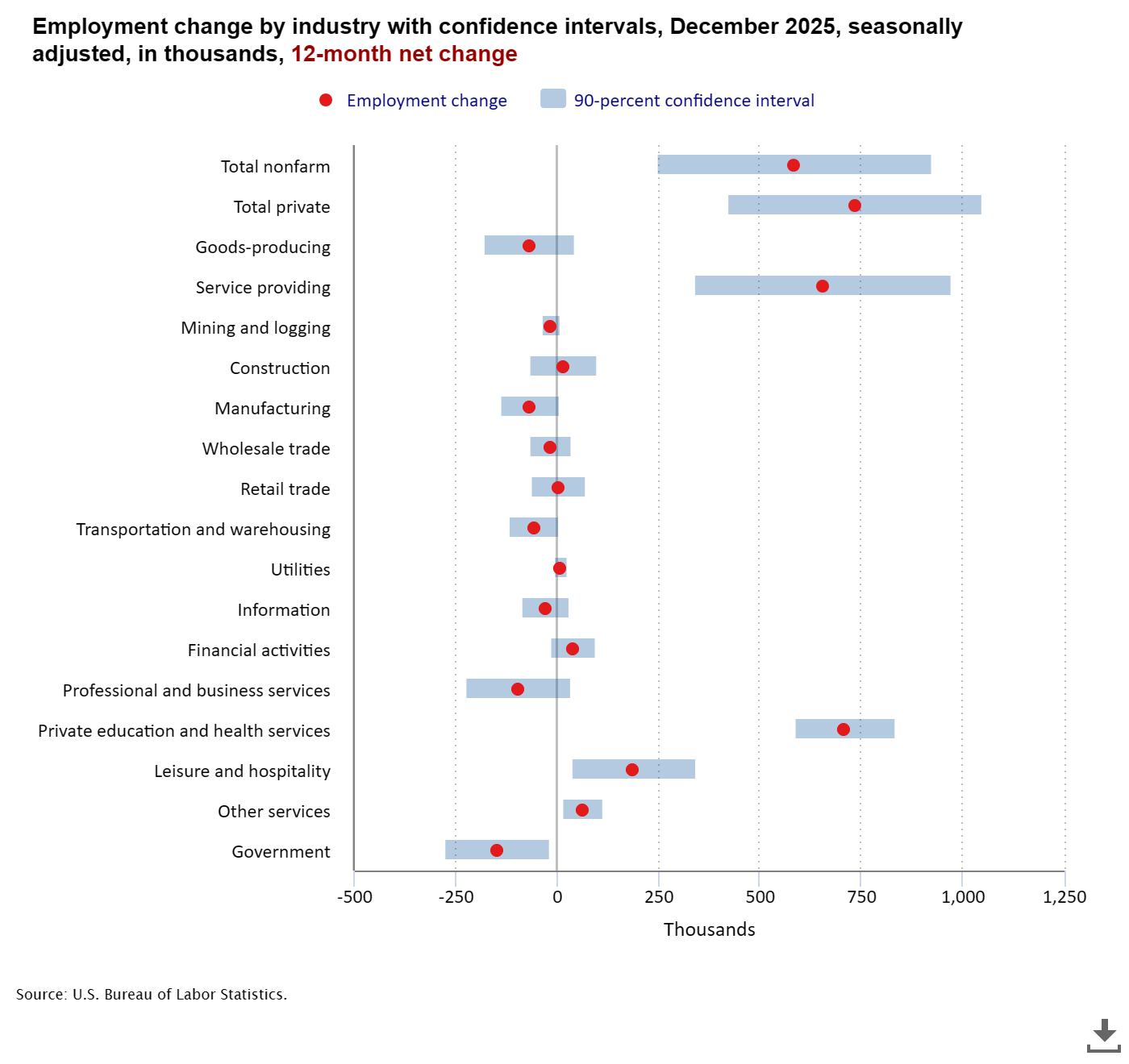
December 2025 Jobs Report: Only 50K Jobs Added as Labor Market Cools Dramatically from 2024
The December 2025 employment report reveals a significantly weakened labor market with only 50,000 jobs added and unemployment steady at 4.4 percent. The year saw just 584,000 total jobs created compared to 2 million in 2024, marking the slowest growth since the pandemic recovery.
-
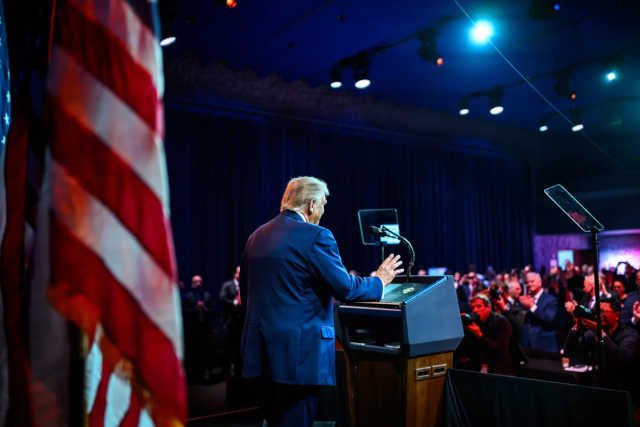
Fact-Checking Trump’s GOP Retreat Claims: Venezuela, Tariffs, Drug Prices, DC Crime & Stock Market
A comprehensive fact-check of major claims from President Trump’s January 6, 2026 GOP House retreat speech, examining assertions about the Venezuela military operation, tariff revenue collections, prescription drug pricing, Washington DC crime statistics, insurance company profits, and stock market records using authoritative sources and official data.
-
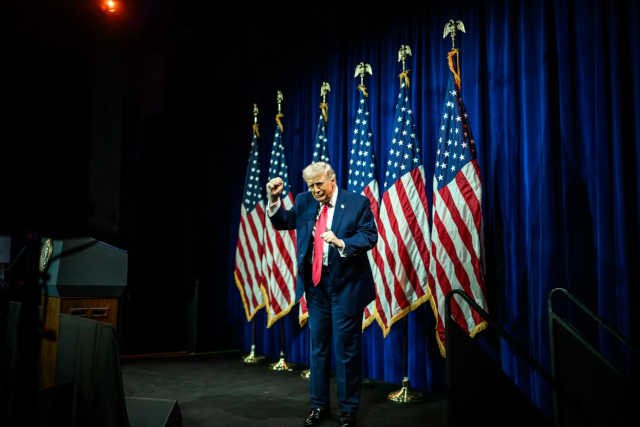
Trump GOP Retreat Speech 2026: Venezuela Operation, Tariffs, Healthcare Reform & Midterm Strategy
President Trump addressed the GOP House retreat on January 6, 2026, celebrating the Venezuela military operation, revealing $650 billion in tariff revenue, and unveiling a healthcare strategy to redirect insurance subsidies directly to Americans while urging Republicans to defy historical midterm election trends.